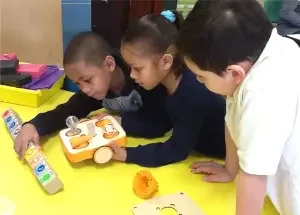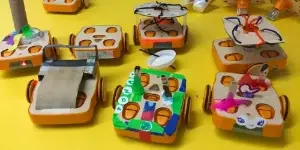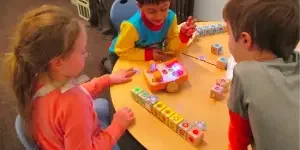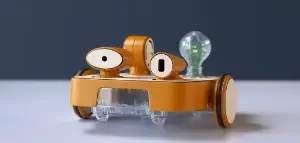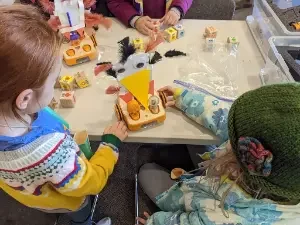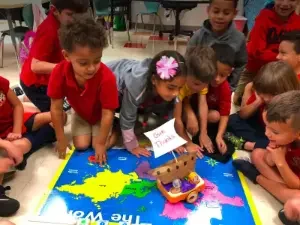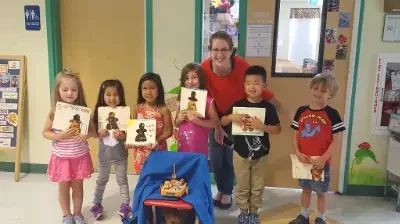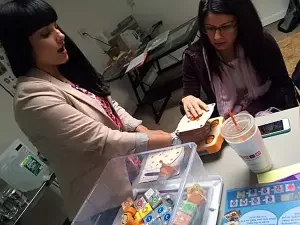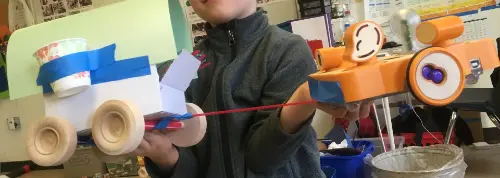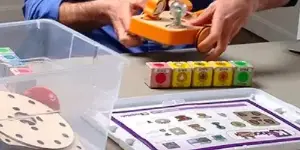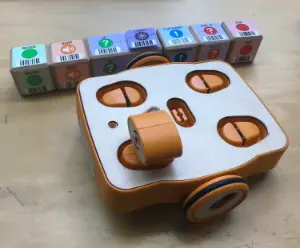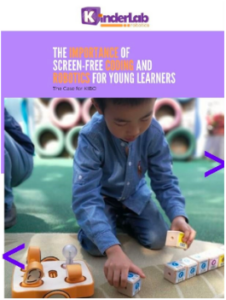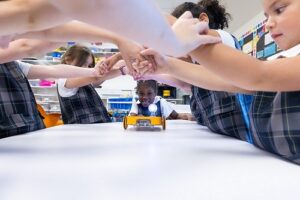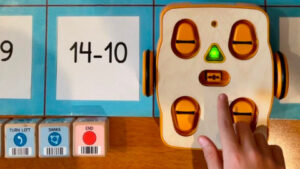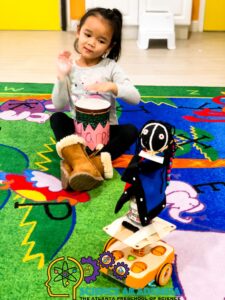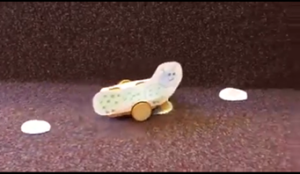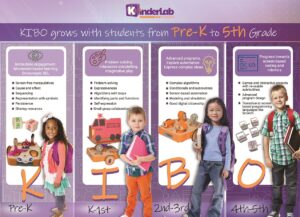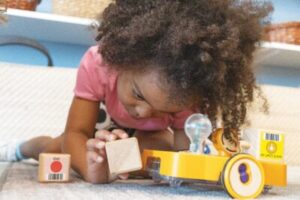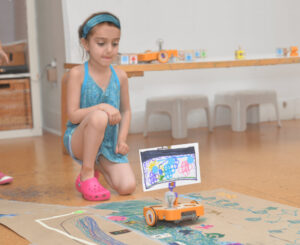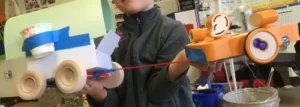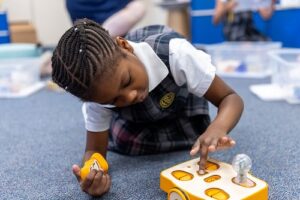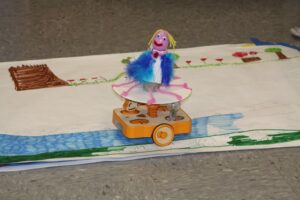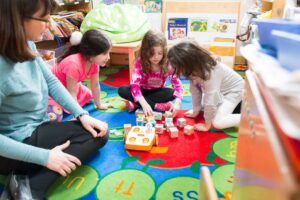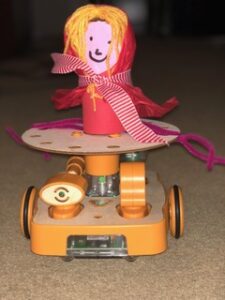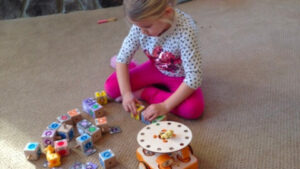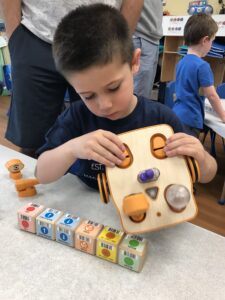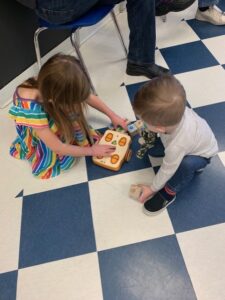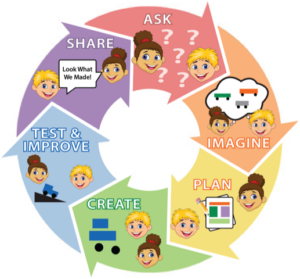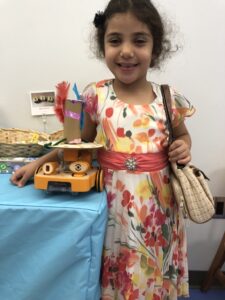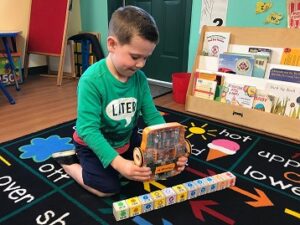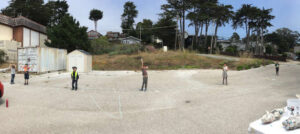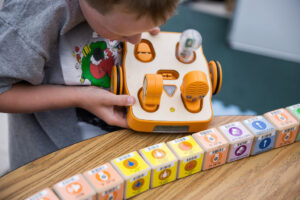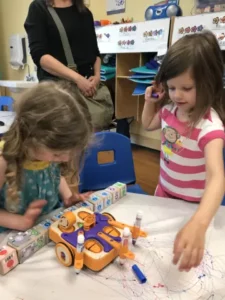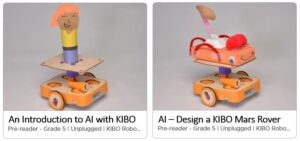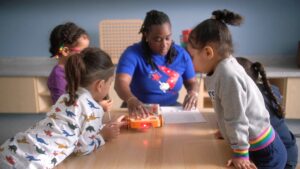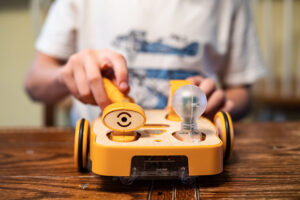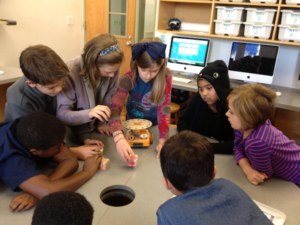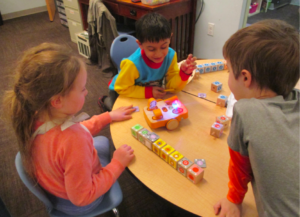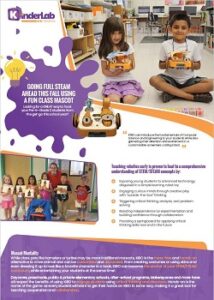Where Did STEM Go? Insights on STEM Education’s Future in K-12
Jason Innes, KinderLab Robotics’ Director of Curriculum, Training, and Product Management, weighs in on the current state of STEM education and offers crucial insights into where it’s headed in K-12 schools. This article is based on the interview from the SmartBrief article, “Where Did STEM Go?”.
Is STEM Education Still a Priority for K-12?
STEM is, indeed, a priority for many K-12 school districts, but there’s a crucial aspect that continues to be overlooked: the need for early STEM education. Studies show that students as young as preschool age begin to show differences in their interest and ability in STEM fields. These differences are influenced by factors such as stereotypes around STEM identity and socioeconomic backgrounds. As children grow, these gaps only widen.
In order to foster continued interest and success in STEM fields, we must ensure that children have positive STEM experiences from an early age. This will lead to greater participation not only in middle school and high school but also in higher education and the workforce. When talking starting STEM education early, it’s about teaching kids how to ask questions, propose solutions, test and improve their creations, and share their work.
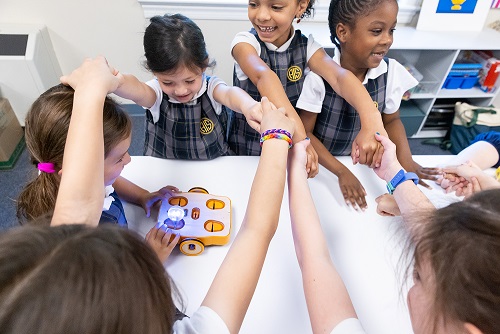
Bridging the STEM Skills Gap: What’s Missing?
The STEM landscape is constantly evolving, and today’s workforce demands more than just technical knowledge. STEM education is not simply about science, technology, engineering, and math—it’s about the practices of learning and problem-solving. While technical skills are necessary, other qualities like curiosity, creativity, persistence, and collaboration are what truly prepare students for success in the workforce.
One of the critical gaps in K-12 education is the lack of focus on developing these essential social skills and executive functioning capabilities in students. These are the skills that are required to ask insightful questions, propose innovative solutions, test ideas, and collaborate effectively. It’s not just about teaching kids the “what” of STEM, but also the “how”—the process of inquiry and problem-solving that will carry them through their careers.
The Future of STEM Education in K-12: What’s on the Horizon?
When it comes to the future of STEM education in K-12, we see a growing trend: the rise of Career-Technical Education (CTE) that starts in kindergarten and continues through high school. By high school, half or more of the student body have already self-sorted themselves out of any interest in STEM jobs. For CTE to succeed, it needs to begin early—ideally from kindergarten through 5th grade—positioning STEM education as a feeder program into career-focused technical education.
The goal isn’t necessarily to turn every child into a STEM professional but rather to ensure that all students have the option to pursue STEM careers should they choose to. By making STEM education accessible and engaging from an early age, we provide students with the opportunity to explore diverse pathways and career options that they might not have considered otherwise.
The Importance of Educator Input in STEM Education Development
We also can’t overstate the importance of educator input in the development of any STEM-related solutions. Successful STEM educational tools and curricula are born from a solid foundation of research and practical application in real classrooms. It’s crucial that these tools are developed with direct feedback from the educators who work with students every day. Only by working closely with teachers can we ensure that STEM education solutions are not only effective but also age-appropriate, engaging and accessible for all students.
Conclusion
By prioritizing early STEM education experiences, focusing on essential problem-solving skills, and listening to educators, we can ensure that STEM education reaches its full potential. STEM is about giving all students the tools to think critically, solve problems creatively, and collaborate effectively—skills that will serve them well in any career they choose to pursue. The future of STEM in K-12 education is bright, but it requires intentional effort and collaboration to ensure its success.

